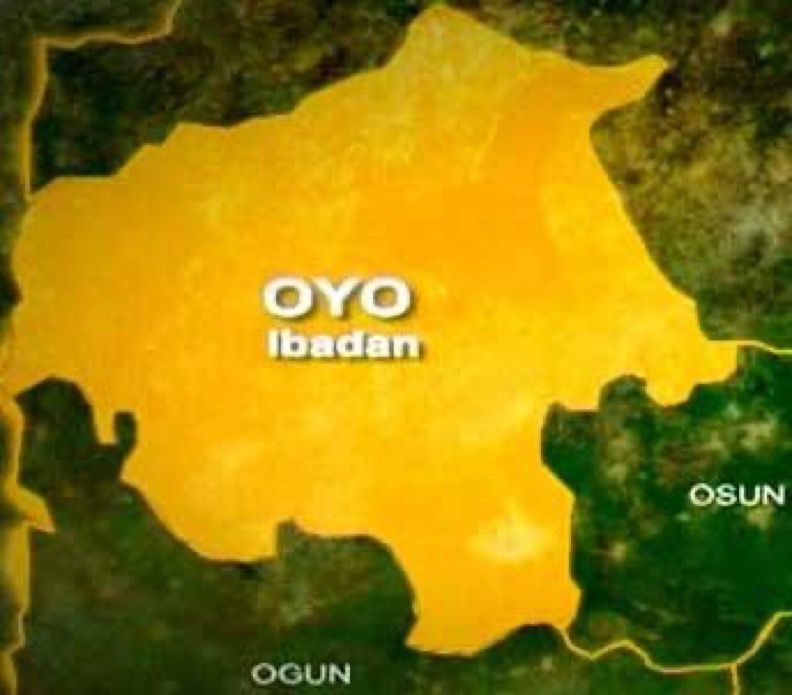Nigeria’s Tax Reforms Could Propel Economy into Top 50, Says Expert”

Nigeria’s sweeping tax reforms have been described as a landmark step in reshaping the nation’s economic future, with taxation scholar, Professor Teju Somorin, asserting that the overhauled system could propel Africa’s largest economy into the league of the world’s top 50 economies.
Professor Somorin, a respected voice in tax policy and administration, noted that the 2025 reform package is the most far-reaching restructuring of Nigeria’s fiscal landscape in decades. Speaking at a tax dialogue session in Abuja, she highlighted that the initiative is designed not only to raise government revenue but also to create a friendlier environment for businesses and investors. According to her, the reforms aim to lift Nigeria’s tax-to-GDP ratio to about 18 percent in the short term — a significant leap from current levels. She explained that this increase would give the government stronger fiscal capacity to fund infrastructure, healthcare, education, and other critical sectors, while reducing dependence on borrowing. “These reforms have simplified and modernised Nigeria’s tax system, removing barriers that previously discouraged compliance and investment,” Somorin said. “If consistently implemented, they will set Nigeria on course to join the 50 most competitive economies in the world.” The newly introduced framework, often referred to as the “four tax acts,” brings together multiple fragmented tax laws into a unified structure. For years, businesses and individuals faced overlapping and sometimes conflicting demands from federal, state, and local authorities, leading to double taxation and a high cost of doing business. The reforms streamline administration, clarify responsibilities between levels of government, and introduce new measures to regulate digital and cross-border transactions. Experts say these steps will not only widen the tax base but also make compliance less cumbersome for taxpayers. Professor Somorin emphasised that while the reforms are promising, their success depends largely on effective enforcement, robust digital infrastructure for tax administration, and consistent taxpayer education. She also cautioned that Nigeria’s vast informal sector remains a critical challenge. She argued that efforts to integrate informal businesses into the tax net should focus on incentives and simplified compliance regimes rather than punitive measures, stressing that inclusive growth must remain a priority. The reforms have been welcomed by professional bodies, multinational corporations, and tax practitioners who see them as a step toward transparency and clarity. However, concerns linger among small and medium-sized enterprises, with many urging gradual implementation to avoid disruptions. Analysts also caution that without tackling corruption, weak enforcement, and accountability gaps, the anticipated revenue gains may not translate into visible improvements in public services or infrastructure. The federal government is betting heavily on these reforms to drive economic transformation under President Bola Tinubu’s administration. The success of this ambitious plan, observers note, will hinge on political will, institutional capacity, and coordination between the federal and state tax authorities. Despite these hurdles, Professor Somorin remains confident in Nigeria’s prospects. “This is a new beginning for Nigeria’s fiscal system,” she remarked. “If the reforms are implemented with transparency and consistency, they will strengthen our revenue base, boost investor confidence, and pave the way for sustainable economic growth.” As the nation prepares for the full rollout of the new tax regime, stakeholders are watching closely to see whether the promises of efficiency, fairness, and increased prosperity will materialise in the months ahead.









